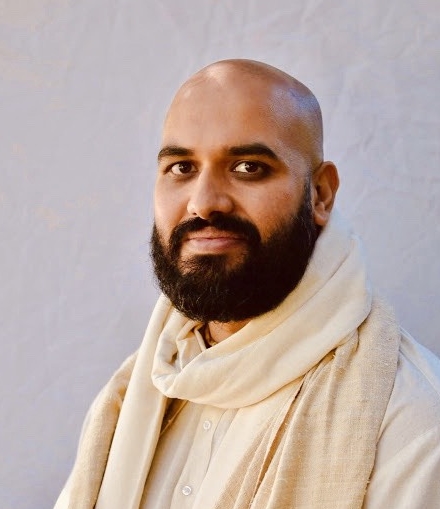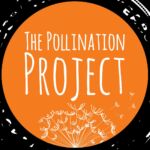In the time of COVID-19, who gets to change the world?

In the last two weeks, my team has fielded over 1,000 requests from ordinary people who want to help their communities amidst the COVID-19 pandemic. In a sense, this is the work we’ve always done: finding and funding individuals at a seed grant level who have a dream for a better world. The difference now is that the volume of requests and the increasing urgency of need is unlike anything before.
One thing is clear — while we all feel the impact of COVID-19, we aren’t experiencing it the same way. Social distancing, shelter in place, and strict attention to hygiene are the dominant refrains here in the United States, and many are struggling with the isolation and abnormality of these measures. Yet in many parts of the world, these guidelines are an unattainable luxury, impossible to conceptualize in the context of crowded urban slums, refugee camps, and impoverished cities with little access to running water.
COVID-19 is unfolding on a framework of inherent global inequality that is as tragic as the virus itself.
In times of disaster, we turn to philanthropy as the vehicle to rebuild lives and communities, yet philanthropy itself is often born from and riddled with these same systemic inequalities. In past cases of disaster aid gone wrong, relief was administered in a way that was disempowering, unconnected to existing local networks, or overly top-down and unreflective of cultural context. Part of the problem might be our obsession with scale; that is, our desire to find the big-ticket solution that can be broadly applied everywhere. Some things make sense to scale; for instance, production of ventilators. Scalable solutions aren’t the problem in and of themselves, but our focus on them at the expense of other interventions means that the provenance of doing good is limited to the largest and most well-funded organizations.
Philanthropy works best when it is inclusive, and one way to achieve this is by funding individuals directly. This sounds less revolutionary than it is, until you begin to research how infrequently this occurs in the context of modern giving. While the word “grassroots” often connotes disorganization or even inefficiency, in practice the opposite is true. When a community experiences a social challenge, the people who live there have the best solutions. They deploy those solutions more efficiently because they know their neighbors, understand the culture, and have existing networks built on trust and social capital.
For example, last week we funded a doctor in Kolkata who recognized how vulnerable the urban slums in his hometown were. He read the WHO’s gold standard hand sanitizer recipe, and realized the ingredients could be purchased for minimal cost. He applied for support through The Pollination Project for a project to train 2–3 marginalized youth in each slum to produce the hand sanitizer and then distribute it to families in their slum. This way, it could continue even during lockdown, potentially serving 2,500 families with a seed grant of just $900 USD. This is possible because of his existing ties, volunteerism and passion for the community, and the cultural knowledge that guided his program design. This proposal was met with a resounding “yes” from our participatory grantmaking team, yet it is unlikely it would have received support anywhere else.
Dozens of stories like this emerge from our application reviews each day. By funding individuals, we can widen the walls in ways that are complementary to other large-scale approaches. There is tremendous untapped power in these crowdsourced solutions and nimble, bottom-up approaches. Moreover, we can include voices who are traditionally left out of the philanthropic conversation: indigenous leaders, people of color, women, the poor, and even children all have creative ideas for how to move our world beyond COVID-19. More than that, we all benefit when individuals realize their inherent power to shape the world for good. When this knowledge is reawakened, it becomes an antidote to apathy.
When I speak to others in the Foundation world about incorporating an approach that uplifts individual action, inevitably someone will ask, “but how can you scale this?”
I answer simply — you scale this work by adopting it yourself.


